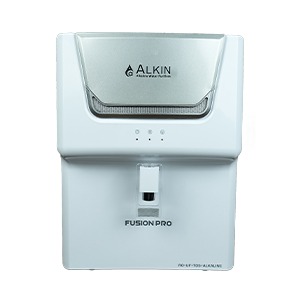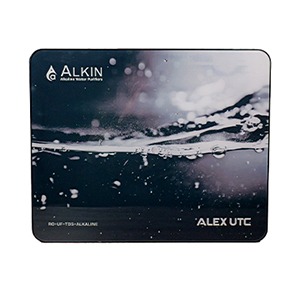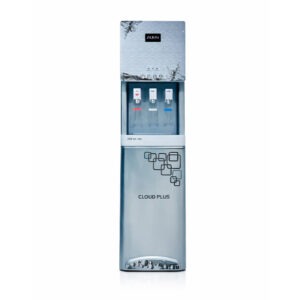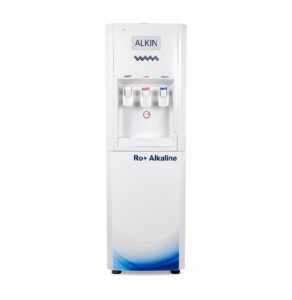Difference Between RO, UV, UF and Alkin Water Purifiers Which One Is Right for You?
Safe drinking water is essential for a healthy life. Due to increasing pollution, chemical contamination, and declining natural water quality, water purifiers have become a necessity in almost every household. However, most people are confused about which purifier is suitable for their home because different technologies work in different ways. Some purifiers remove physical impurities, some kill germs, and others improve taste and mineral balance.
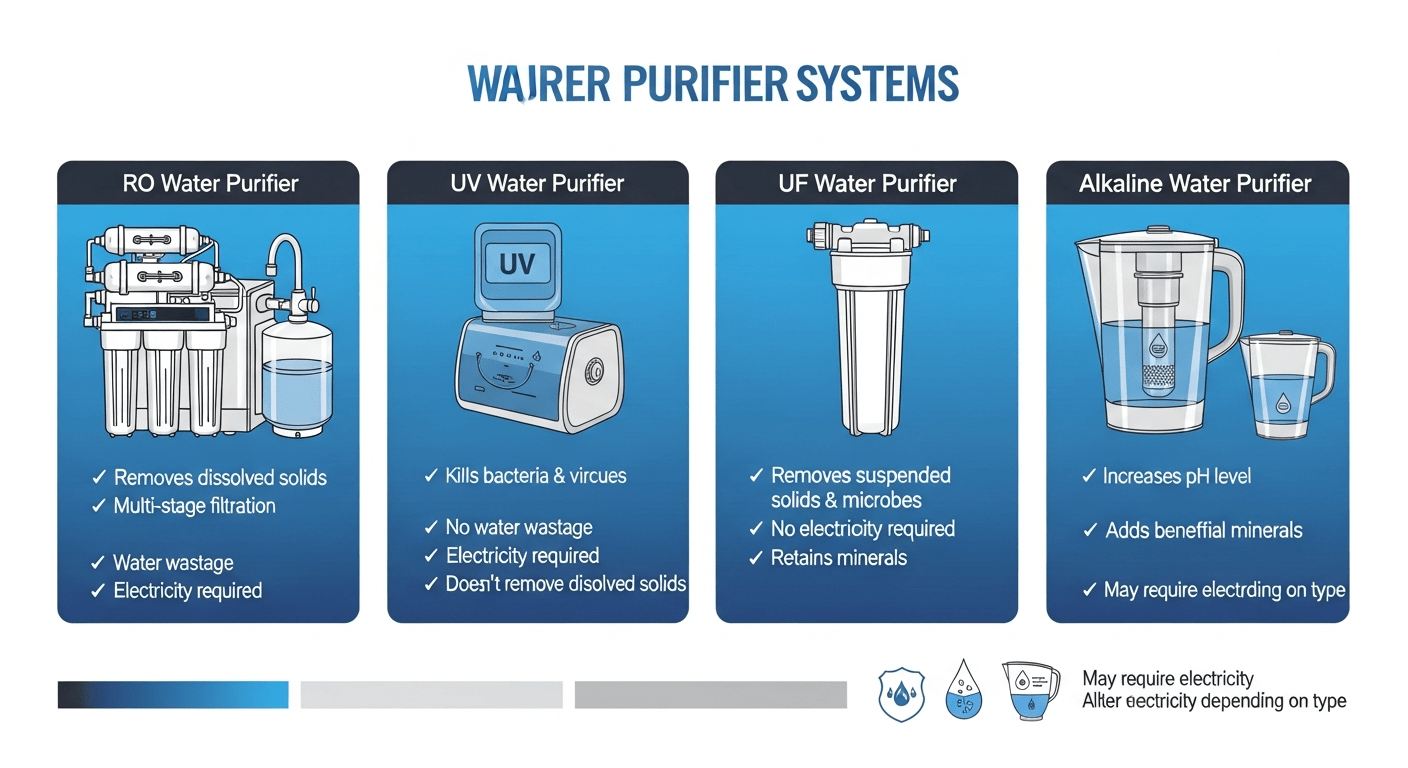
The most commonly popular technologies are RO, UV, UF and Alkaline purification. While all of them clean water, they are not the same. Each technology is designed for a specific type of water and contamination level. Choosing the wrong purifier may lead to poor purification, health risks, unnecessary costs, and maintenance issues.
This detailed guide explains how RO, UV, Uf and Alkin purifiers work, their advantages and limitations, and how to identify which type is right for your home.
What is RO (Reverse Osmosis) Purification?
RO stands for reverse Osmosis. This technology uses a semi-permeable membrane with extremely small pores to filter out dissolved impurities and harmful substances. It works with the help of a high-pressure pump, which pushes water through the RO membrane and removes contamination.
How RO Works
- Water passes through a pre-filter and carbon filter to remove dust, mud, and chlorine.
- The high-pressure pump forces water through the RO membrane.
- The membrane blocks dissolved salts, chemicals, heavy metals, bacteria, and viruses.
- Purified water goes to the storage tank.
- Impure water is discarded through the drain line.
What RO Removes
- Dissolved salts and TDS
- Heavy metals like arsenic, mercury and lead
- Chemical contaminants
- Bacteria and viruses
- Mud, sand, and rust
Advantages of RO Purifiers
- Removes up to 95 to 99 percent of impurities
- Reduces high TDS and makes water safe for drinking
- Improves taste and removes hardness
- Suitable for areas with chemical and industrial contamination
Limitations of RO Purifiers
- Requires electricity to run the pump
- Wastes some amount of water during purification
- Reduces minerals, so mineral or alkaline filtration is preferred after RO
- Requires timely maintenance for best performance
Best Suitable For
- Borewell water
- Tanker water
- High TDS water above 300 ppm
- Water with heavy metals or chemical contamination
What is UV (Ultraviolet) Purification?
UV purifiers use ultraviolet light to disinfect water. UV rays destroy the DNA of harmful microorganisms and make water microbiologically safe. It is a chemical-free process and does not change the taste of water.
How UV Works
- Water passes through a UV chamber.
- Ultraviolet light attacks the cells of germs, bacteria, and viruses.
- Microorganisms become inactive and cannot multiply.
What UV Removes
- Bacteria
- Viruses
- Pathogens causing typhoid, cholera, and diarrhea
Advantages of UV Purifiers
- No chemicals added
- No change in taste or pH
- No water wastage
- Requires very low electricity
- Less maintenance
Limitations of UV Purifiers
- Does not remove dissolved salts or TDS
- Cannot remove heavy metals or chemicals
- Not suitable for muddy or dirty water
- Ineffective if water contains visible impurities
Best Suitable For
- Municipal and corporation water
- Low TDS water
- Homes where water is clear but requires disinfection
What is UF (Ultrafiltration) Purification?
UF uses a hollow fiber membrane with larger pores than RO but smaller than normal filters. It can filter bacteria and physical impurities without electricity. This makes it practical for areas with uncertain power supply.
How UF Works
- Water is passed through the UF membrane.
- Mud, dust, sand, rust, and bacteria are trapped.
- Clean water flows out.
What UF Removes
- Physical impurities
- Bacteria and cysts
- Visible dirt and particles
Advantages of UF Purifiers
- Works without electricity
- No water wastage
- Good for clear and low-TDS water
- Removes bacteria and improves clarity
Limitations of UF Purifiers
- Cannot remove dissolved salts or chemicals
- Not effective against viruses
- Not suitable for very hard or high-TDS water
Best Suitable For
- Corporation water
- Low TDS water
- Areas with frequent power cuts
What is an Alkin Water Purifier?
An Alkin purifier not only cleans water but also increases its pH level for better health benefits. Pure RO water sometimes becomes slightly acidic because minerals are reduced during purification. Alkaline purification adds back essential minerals and balances the pH, making water healthier and better tasting.
How Alkin Purification Works
- The first stage purifies water (RO/UV/UF).
- Water passes through an alkaline or mineral cartridge.
- pH increases from acidic levels to a healthy alkaline range.
Benefits of Alkin Water
- Improves hydration
- Maintains pH balance in the body
- Better for digestion and acidity problems
- Provides important minerals like calcium, magnesium, and potassium
- Better taste and smoother texture
Limitations of Alkin Purifiers
- Does not purify water on its own, needs RO or UV before it
- Slightly higher cost than ordinary filters
Best Suitable For
- Homes using RO systems
- People with acidity or digestive issues
- Families looking for healthier drinking water
Comparison Table
| Feature | RO | UV | UF | Alkaline |
|---|---|---|---|---|
| Removes dissolved salts | Yes | No | No | No |
| Removes bacteria & viruses | Yes | Yes (kills only) | Partial | No |
| Removes heavy metals | Yes | No | No | No |
| Adds minerals | No (without alkaline) | No | No | Yes |
| Needs electricity | Yes | Yes | No | No |
| Suitable for high TDS | Yes | No | No | Works with RO |
| Best for taste improvement | Yes | No | No | Yes |
Why Choose Alkin Water Purifiers?
Alkin water purifiers are designed to provide safe, healthy, and great-tasting drinking water for every household. Each model is built with advanced multi-stage purification technology, durable components, and user-friendly operation.
Alkin Elegant
Alkin Elegant is an ideal purifier for homes that receive municipal or low-TDS water. It is equipped with UV and UF purification, providing protection against bacteria, viruses, and physical impurities. The system delivers clear, fresh, and safe drinking water without altering the natural taste. It is suitable for families looking for an economical and reliable purifier.
Key Features
- UV and UF purification
- Suitable for low-TDS water
- No water wastage
- Low maintenance
Alkin Elegant Plus
Alkin Elegant Plus is a more advanced model designed for areas where water contains TDS, chemical contaminants, and hardness. It uses RO + UV + UF purification to remove dissolved salts, heavy metals, microbes, and impurities. The in-built alkaline technology restores essential minerals and improves taste, making water healthier and more suitable for daily consumption.
Key Features
- RO + UV + UF purification system
- Alkaline cartridge for pH balance and better taste
- Suitable for borewell, tanker and mixed water sources
- High storage capacity and long-lasting filters
Alkin Vogue
Alkin Vogue is a premium purifier offering RO + UV + UF + Alkaline purification with an advanced design and modern water dispensing solution. It is made for homes that want high water purity along with improved mineral content. The system controls TDS levels, enhances taste and provides pure, mineral-rich drinking water.
Key Features
- Multi-stage purification including alkaline technology
- Designed for high TDS areas
- Maintains good taste and stable mineral levels
- Durable build and advanced purification performance
Which Alkin Purifier Should You Choose?
- If your home receives municipal or low-TDS water: Alkin Elegant
- If water has higher TDS or comes from a borewell or tanker: Alkin Elegant Plus
- If you want complete purification with alkaline technology and premium design: Alkin Vogue
All three models are crafted to suit Indian water conditions and offer long filter life, dependable performance, and safe water for daily use.
Why RO + UV + UF + Alkaline Is the Best Combination
Many modern homes receive a mix of water sources, including borewell, tanker, and municipal supply. Water quality can change throughout the year. For this reason, multi-stage purification is considered the safest choice.
A combined system offers:
- Removal of dissolved impurities
- Removal of germs and viruses
- Removal of physical dirt
- Taste improvement
- Addition of healthy minerals
This combination ensures pure, safe, healthy, and mineral-rich water for all age groups.
How to Check the Quality of Your Home Water
You can measure TDS using a digital TDS meter. It is inexpensive and easy to use. Once you know the TDS level, selecting a purifier becomes simple.
TDS Range and Suitable Purifier:
- 0 to 300: UV or UF
- 300 to 900: RO
- 900 and above: RO with alkaline
If water smells, tastes metallic, or has a yellow colour, it may contain chemicals or iron. In that case, RO is recommended even if TDS is not very high.
Frequently Asked Questions
Conclusion
RO, UV, UF, and Alkaline water purifiers are designed for different types of water. No single purifier is suitable for all conditions. The right choice depends on your water source, TDS level, and impurities present.
For borewell or tanker water with high TDS, an RO purifier is necessary. For municipal water with low TDS, UV or UF is enough. If you want both safety and health benefits, RO with alkaline is the most balanced choice. For maximum protection, multi-stage purifiers combining RO, UV, UF and alkaline filtration offer the best overall performance.
Choosing the correct purifier ensures safe, clean, mineral-rich, and great-tasting drinking water for your family. Brands like Alkin provide advanced multi-stage purifiers designed to handle different Indian water conditions, making them a reliable option for long-term use.
Ready to Choose the Right Water Purifier?
Explore our complete range of Alkin water purifiers and find the perfect match for your home.
Visit Alkin Water
